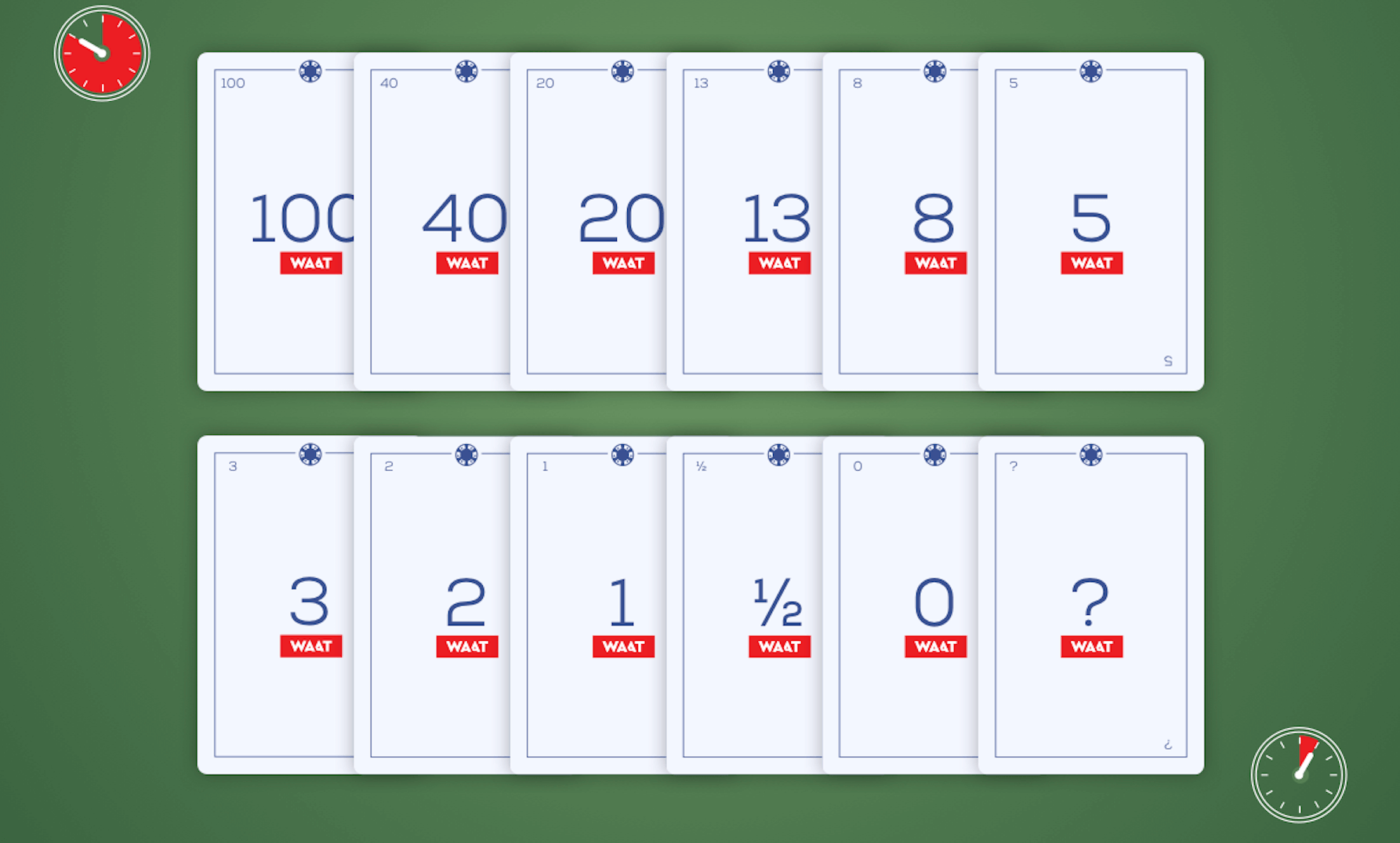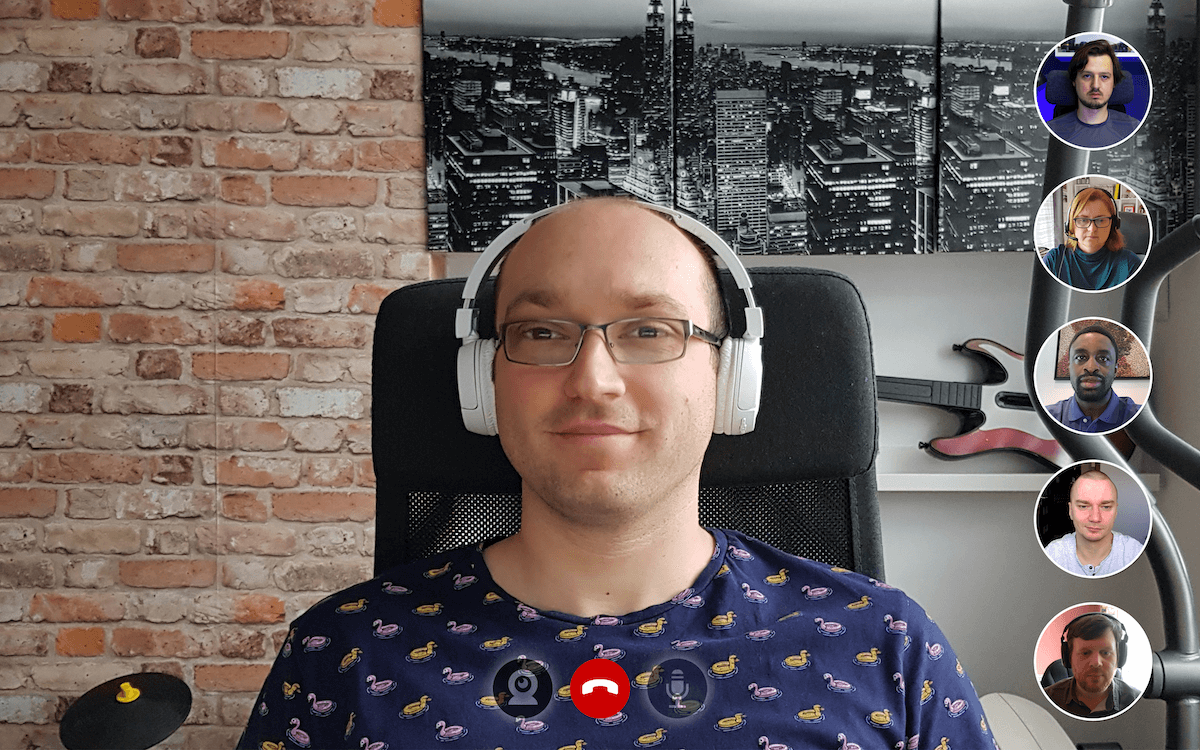How poker can help you measure the performance of remote workers

One area where working from home will have an immediate impact in your organisation is the relationship between management and staff. It can go one of two ways: either increased trust and less control or an erosion of trust and tightening of control. It’s usually the latter.
Managers instantly become less confident staff are doing what they say they are doing when they can’t see them in the office looking busy. While remote workers can feel guilty they are working from home or conscious that management and colleagues think they are not doing what they say they are doing. It can quickly descend into a battle of paranoia, resulting in low trust, extra controls, and a negative effect on productivity.
To increase trust when working with remote workers you need a good way of measuring performance. After years of trial and error, we have settled on a technique that allows us to transparently monitor performance with team involvement, spot issues and make estimations of project delivery that are up to 97% accurate. And it involves playing poker.
Planning poker
Planning poker is a consensus-based, gamified technique for agile and scrum development teams to effectively estimate sprint goals. In plain English, it’s a game to help you estimate as a team how much work is required for a particular task. Having all agreed the amount of work required, you can then transparently measure the performance of everyone involved in its execution.
How it works:

Realistic estimations
The major benefit of planning poker is that it allows open and non-confrontational group discussion on the inputs required to complete a particular task, rather than being dictated from the top down. This allows team members to get a clearer picture of other people’s work and what goes into it, making estimations more informed and in turn more realistic.
In addition, the sequence of the values on the cards are designed to prevent players making the direct link between the cards and time. Estimations based on the literal perception of time often fail to account for hidden costs such as context switching, taking briefings, adapting to changes, etc. For instance, estimating 10 five-minute tasks would take 50 minutes could be wrong by a few hours once context switching, dealing with feedback, writing explanation emails, and more are factored in.
For us, the game really kicks in as a powerful measuring tool at the end of the sprint when we have a list of tasks with allocated points. Using our ticketing system we can see all the tasks each team member worked on during the sprint to get a total number of contributed points per person. From this we can then calculate an average for each team member to use as a benchmark. Once we compare points delivered per person to the average, we can clearly pick out any underperforming team members and address any issues they might have.
Focus on results and measure performance
“But we’re not an agile development team,” you say. You don’t have to be, but adopting some of the techniques of an agile dev team could have a big impact on successfully incorporating work from home into your company work model. When you cannot physically see people in an office from 9-5, focusing on results and measuring performance in a transparent way will help to ward off the inevitable decrease of trust. Planning poker can be deployed for any results-oriented goals.
For large organisations, this might mean splitting departments into even smaller delivery teams as they can operate better as self-managed units. Working with planning poker is more impactful when you have smaller teams as it is easier to reach a consensus on the number of points to assign to each task and then monitor delivery.






